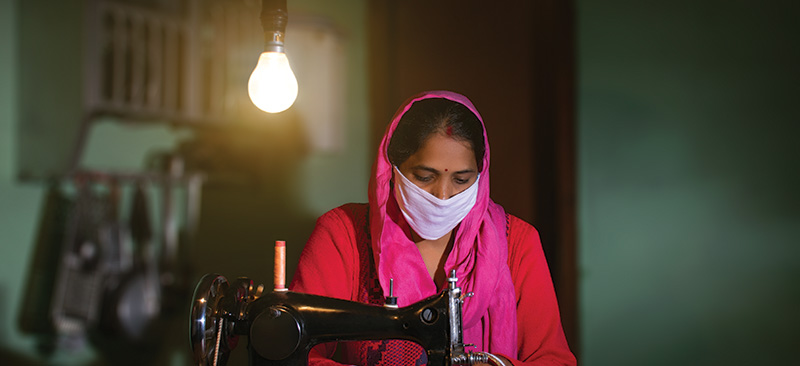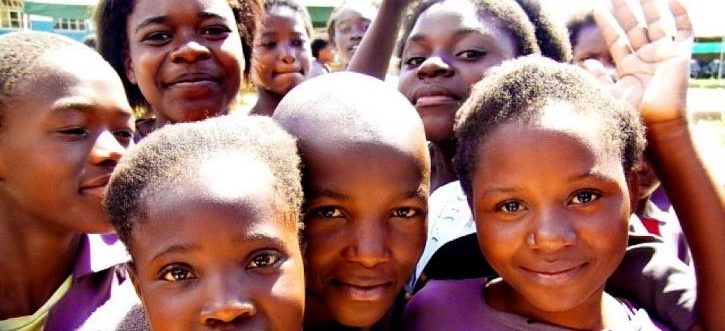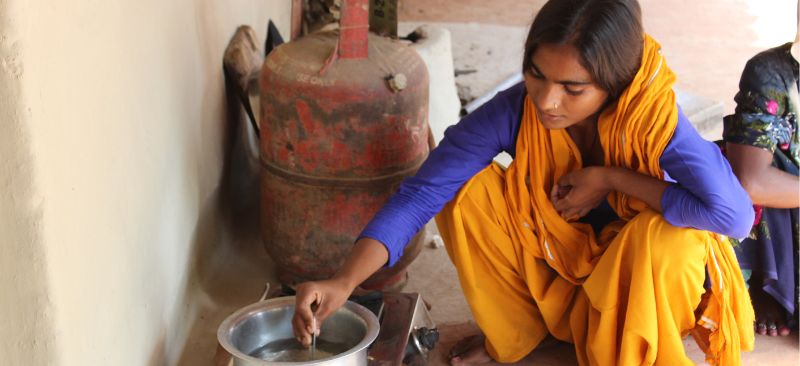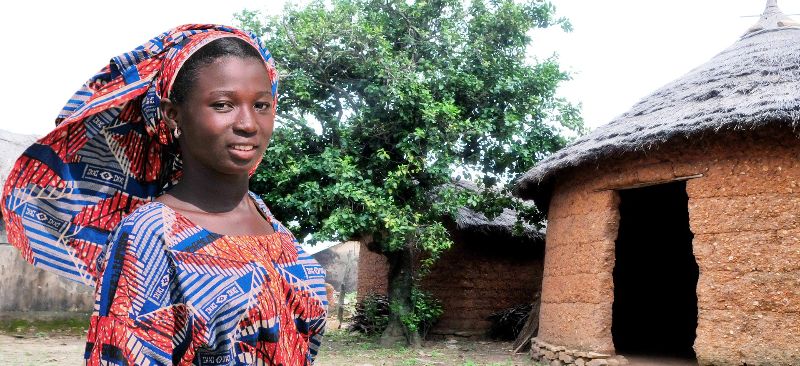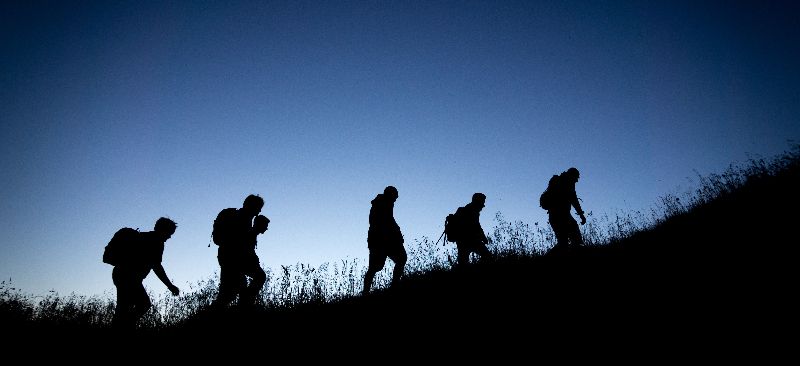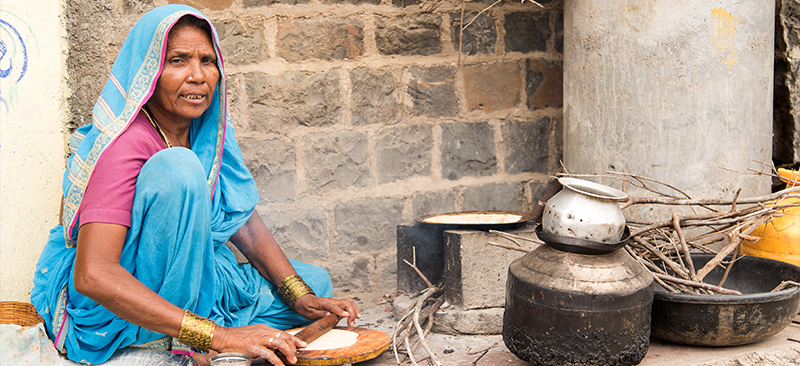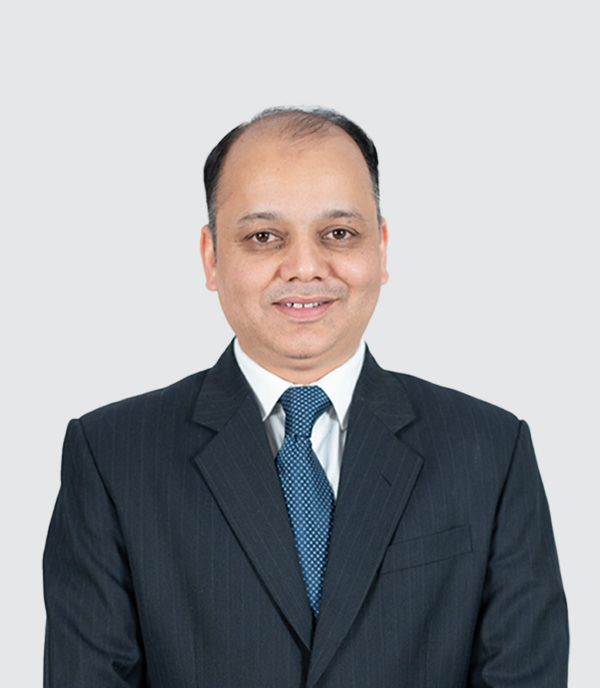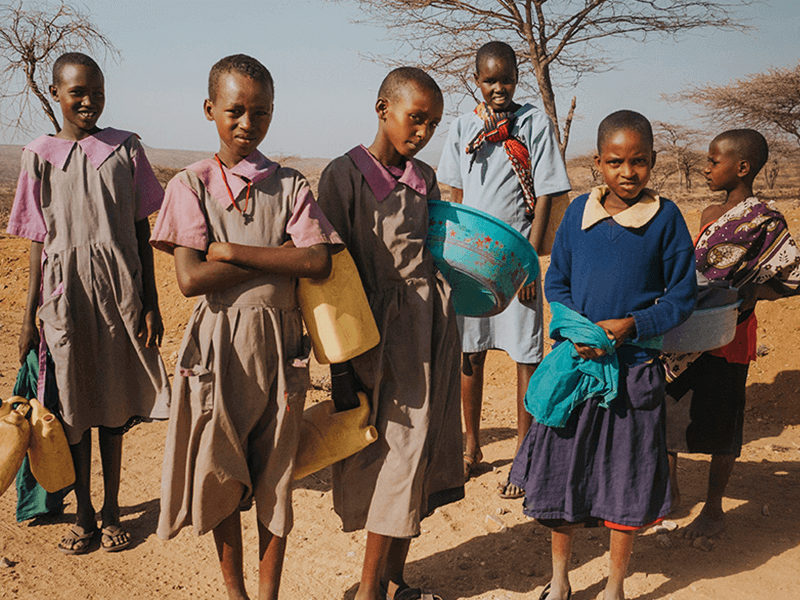
MSC provides effective, scalable solutions to improve social payments for vulnerable populations and financial security for refugees. With the persistence of extreme poverty in many rural areas and wars and instability resulting in growing mass migration worldwide, the need for social security and financial inclusion is more pronounced than ever.
MSC works with multilateral organizations, humanitarian organizations, relief organizations, NGOs, and governments to provide solutions for the vulnerable populations, refugees, and internally displaced people. MSC’s experts work in program design, evaluation, readiness assessments, financial and digital literacy, and financial solutions design and implementation. Our expertise yields payment and financial solutions for clients that support these vulnerable groups in a wide range of geographies.
Here is an overview of our experience on social and financial services for refugees.
